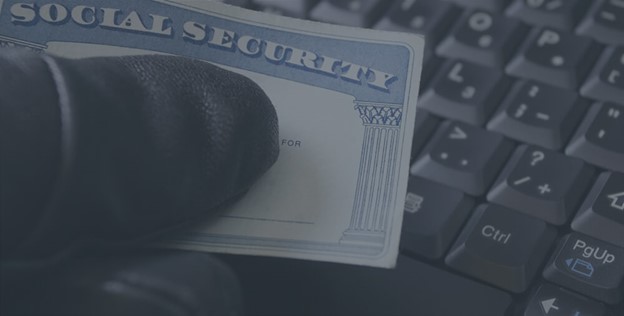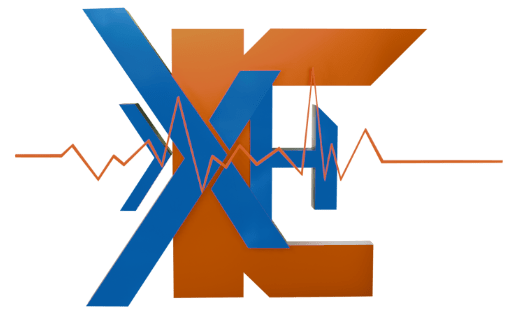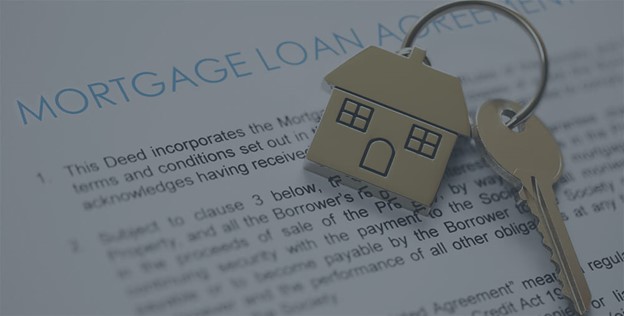
IS THEFT OF TAX IDENTITY OCCURRING? HERE’S HOW TO GET YOUR RETURN BACK
January 26, 2022THE 4 BEST WAYS TO PLAN YOUR TAX REFUND
January 28, 2022When you’re searching for your dream home, you’re probably most interested in two numbers: the sale price and the monthly mortgage payment. However, these two numbers only tell part of the story. It is likely that you are overlooking many other upfront and ongoing costs.
When determining the true cost of homeownership, don’t overlook these hidden costs.
1. Home Inspections
You found a home that fits your needs, and you made an offer. A home inspection should be your next priority, and your mortgage lender may require it as part of the application process. A licensed home inspector should examine the interior and exterior of your home to look for hazards, maintenance issues, and other problems you may not have noticed.
Home inspections can range from general inspections that cost a few hundred dollars to specialized inspections that cover chimneys, electrical work, pests, foundations, and more. Specified inspections can be pricey, but you should at least get a general home inspection and any other inspections your lender requires.
You should still get a home inspection even if it isn’t required. A home inspection can help you identify any problem areas in the home, and you can even request repairs from the seller if you’re not buying the house as is.
2. Closing Costs
Closing costs are the fees owed to complete a real estate transaction. A buyer, seller, or both may be required to pay closing costs. According to Zillow, closing costs typically range from 2% to 5% of the purchase price of the home. In certain cases, you can request that the seller pay all closing costs, but this isn’t always possible when there are competing offers.
Closing costs may include:
- Application fee: the cost required for the lender to process your mortgage application.
- Appraisal fee: paid to the appraisal company to determine the value of the home.
- Attorney’s fees: paid to an attorney to review closing documents.
- Escrow fee: paid to the escrow company for conducting the closing.
- Homeowners insurance: sometimes the first years’ worth of homeowners’ insurance is required upfront.
- Survey fee: paid to a survey company to evaluate property lines and shared fences.
- Title search fee: paid to the title company for searching property records and verifying that no one else has a claim to the property.
- Transfer taxes: tax paid when the title passes from buyer to seller.
- …and more.
A number of factors determine how many fees you will have to pay and the amount you will end up paying, including the state you live in, the requirements of your mortgage lender, and whether you are able to negotiate any fees.
3. Repairs and Maintenance
Do you plan to purchase a fixer upper? Are there any immediate repairs, upgrades, and maintenance that you plan to perform as soon as you move in? Even if the house appears to be in great shape, you can expect to spend money on general maintenance and repairs. It’s important to prepare yourself for both the immediate repairs and the ongoing costs of owning a home.
4. Taxes
Online mortgage calculators may not include the cost of property taxes. Property taxes are imposed on your home and go toward local services such as roads, emergency services, and schools. Your local government’s tax rate and your property’s assessed value determine how much you pay, which is not the same as what you paid for your home or how much you can sell it for.
In most cases, your mortgage lender will include your property tax payments in your monthly mortgage bill and pay them through a separate escrow account. Ensure that your lender understands the process and determines your property tax bill in advance. Keep in mind that property taxes tend to rise over time.
5. Homeowners’ Insurance and Private Mortgage Insurance (PMI)
Your homeowners’ insurance will cover certain types of damage to your home, theft or damage to personal belongings in your home, liability for accidents involving guests at your home, and loss of use costs such as temporary housing when your home is damaged. Most mortgage lenders require homeowners’ insurance to be rolled into your monthly payment through an escrow account. You may choose to purchase homeowners insurance independently in other cases.
Typically, mortgage lenders require PMI when you take out a conventional loan without a 20% down payment. In the event you stop making mortgage payments, the mortgage insurance protects the lender. Typically, it is a percentage of your overall loan amount and may amount to a few hundred dollars per month extra.
6. Furnishing and Supplies
Filling a home takes time and money. Furniture, kitchen supplies, gadgets, appliances, artwork or anything else you need for your home, plan for those expenses in advance. Ideally, you can gradually acquire these items so that there is less financial burden all at once.
Is your personal information on the dark web? Make sure your identity isn’t at risk!


